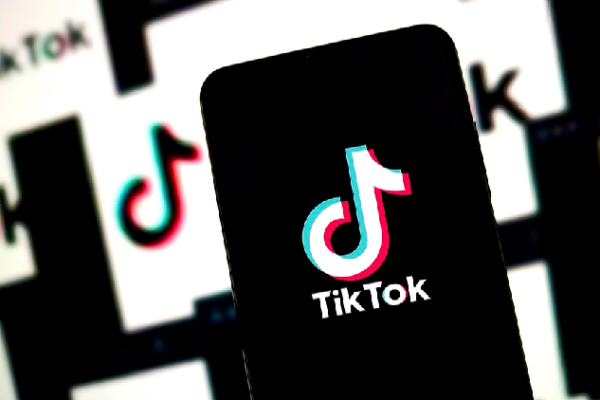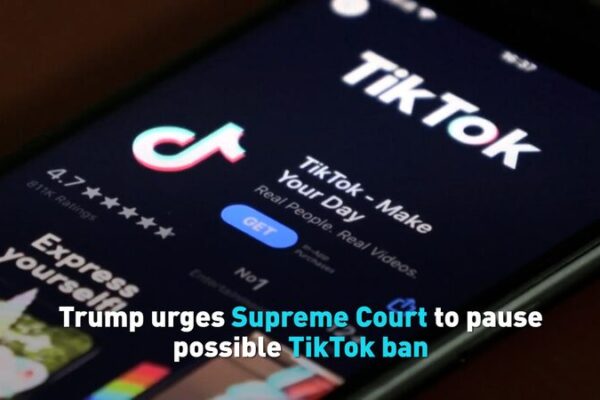As the United States edges closer to a potential ban on TikTok, a surprising digital migration is unfolding. Millions of American users are flocking to China’s Xiaohongshu, also known as Little Red Book, a platform that blends social networking with e-commerce.
The upheaval began when concerns over national security led U.S. lawmakers to consider banning TikTok, citing fears that its parent company, ByteDance, could share user data with the Chinese government or influence public opinion. With over 1.7 million American users facing the possible loss of the popular app, many are seeking alternatives.
Rather than turning to Western platforms like Instagram Reels or YouTube Shorts, a significant number of users have embraced Xiaohongshu. Celebrated for its visually appealing user-generated content, the platform offers a seamless transition for those accustomed to TikTok’s interface. In just days, Xiaohongshu climbed to the top of the U.S. App Store rankings.
American users have dubbed themselves “TikTok Refugees,” bringing creativity and humor to their new digital home. This unexpected shift highlights the power of cultural exchange and the universal appeal of engaging content.
The ban debate raises questions about freedom of speech and digital sovereignty. Critics argue that while the U.S. champions free expression, actions like the proposed TikTok ban suggest a selective approach. Similar concerns about data privacy have been raised with U.S.-based platforms, yet they haven’t faced comparable threats.
The situation underscores the complexities of navigating global digital landscapes amid geopolitical tensions. For platforms like Xiaohongshu, it presents both opportunities and challenges in expanding their international presence.
The future of cross-cultural digital engagement remains uncertain. As users adapt to new platforms, the lines between technology, culture, and politics continue to blur. One thing is clear: in our interconnected world, digital communities transcend borders, shaping the way we connect and share.
Reference(s):
The digital exodus: Unmasking hypocrisy of U.S. "freedom of speech"
cgtn.com








